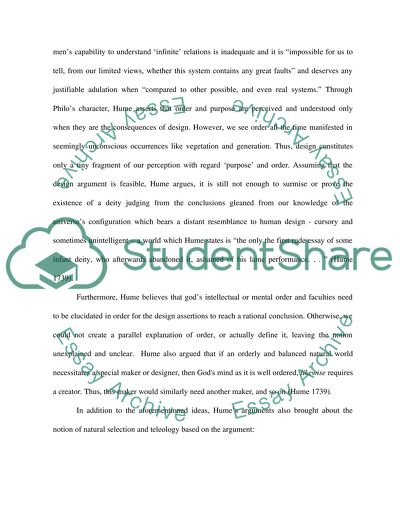Cite this document
(“Critique of the Design Argument by David Hume Book Report/Review”, n.d.)
Critique of the Design Argument by David Hume Book Report/Review. Retrieved from https://studentshare.org/philosophy/1529209-critique-of-the-design-argument-by-david-hume
Critique of the Design Argument by David Hume Book Report/Review. Retrieved from https://studentshare.org/philosophy/1529209-critique-of-the-design-argument-by-david-hume
(Critique of the Design Argument by David Hume Book Report/Review)
Critique of the Design Argument by David Hume Book Report/Review. https://studentshare.org/philosophy/1529209-critique-of-the-design-argument-by-david-hume.
Critique of the Design Argument by David Hume Book Report/Review. https://studentshare.org/philosophy/1529209-critique-of-the-design-argument-by-david-hume.
“Critique of the Design Argument by David Hume Book Report/Review”, n.d. https://studentshare.org/philosophy/1529209-critique-of-the-design-argument-by-david-hume.


